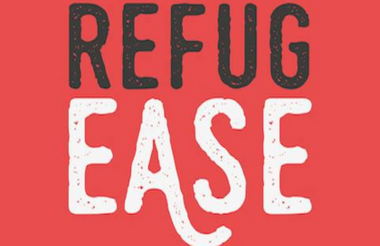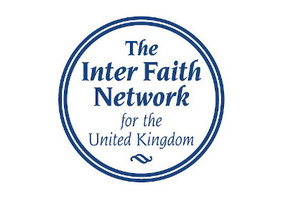A small Kent-based refugee charity has issued a plea in an attempt to save it from closure after being hit by increased costs and donor fatigue during the cost-of-living crisis.
In a JustGiving campaign page, Refugease said that it needs a cash injection of £48,000 to be saved and “continue saving lives in conflict zones where other charities daren’t operate”.
The charity was founded in 2015 as a direct response to the widely publicised photo of three-year-old Syrian Alan Kurdi who drowned in the Mediterranean Sea after a failed journey to Greece via boat.
Since then, the charity has helped war-torn individuals worldwide, doing frontline evacuations, providing humanitarian aid and ensuring self-reliance for refugees.
Financial data filed with the Charity Commission shows that Refugease’s income has grown steeply in recent years, from £8,650 in 2018 to £749,000 in 2022.
The charity’s most recently filed accounts say that in 2022 it experienced “a period of hyper-growth”, with its income almost tripling from the previous year.
‘We’ve grown rapidly but seen donor fatigue’
The accounts say that “the need to diversify the organisation’s income streams in order to ensure the sustainability of its efforts became even more crucial than in 2021” due to continued price hikes in nearly every area of its expenditure.
“In 2022, Refugease was shown immense support from the general public, with just over 52% of the organisation’s income coming from monetary donations from individuals and corporate donors, notably those moved by the plight of refugees fleeing Ukraine,” they read.
Refugease said in its JustGiving campaign page, which has attracted over £3,000 in donations so far, that it has found itself “in financial crisis after the cost of living has hit our charity”.
Founder and managing director Valentina Osborn said: “The charity has been growing rapidly, but since the cost-of-living crisis has escalated, and new wars and natural disasters spring up more regularly, this has understandably resulted in donor fatigue; people have much less disposable income so our charity shop income has also reduced dramatically.”
‘We desperately need an injection of funds’
Osborn said that her charity is “itching to get back to serving the world’s most vulnerable people”.
“We focus our efforts in precarious conflict zones like Syria, eastern Ukraine and Gaza most recently – areas that most charities can’t or won’t operate in, saving lives that otherwise wouldn’t be saved,” she added.
“We desperately need an injection of funds that will enable us the four months required to make the required operational changes to survive these tough times – for this, we need approximately £48,000.”
Related articles












